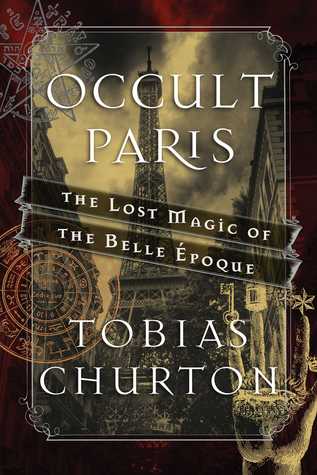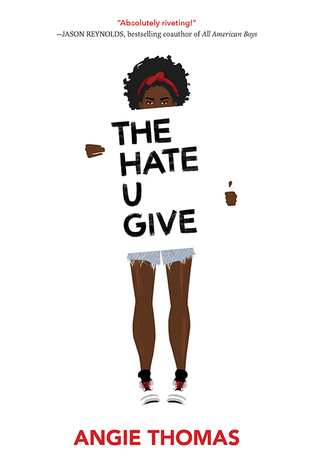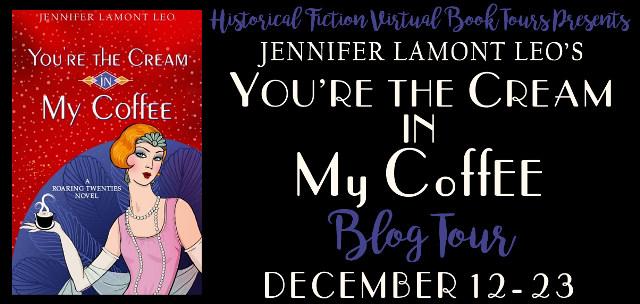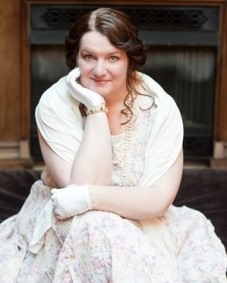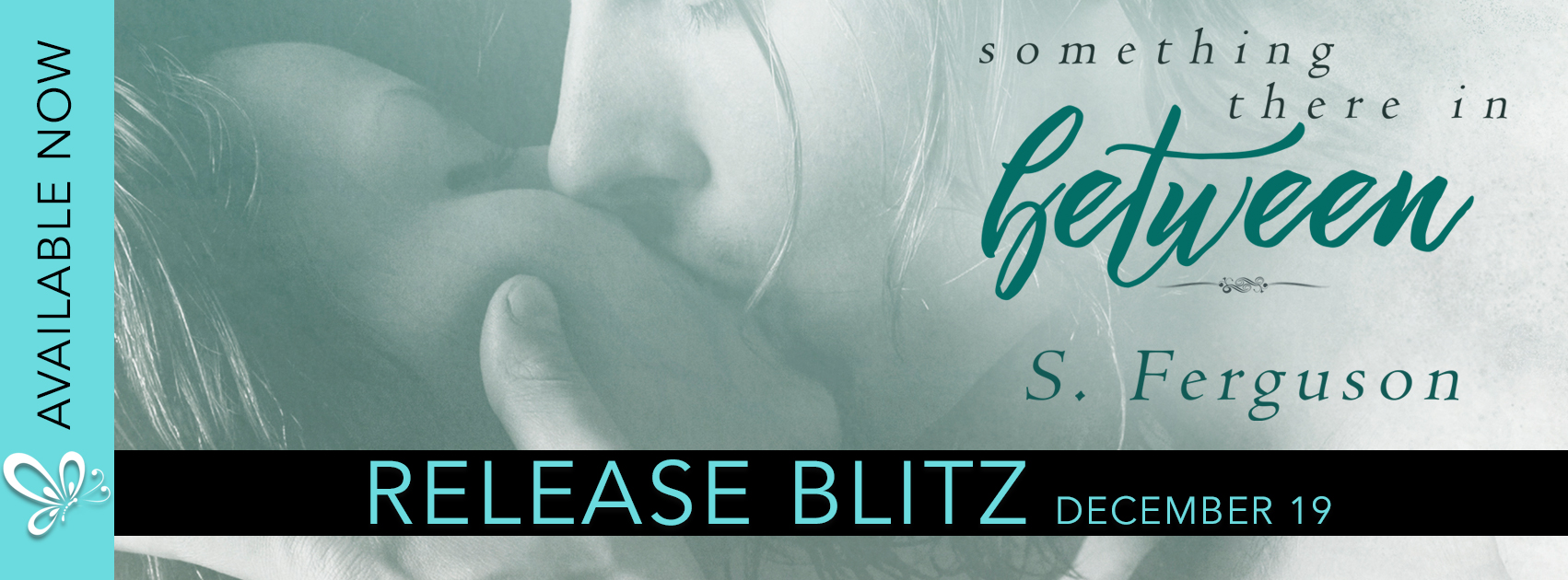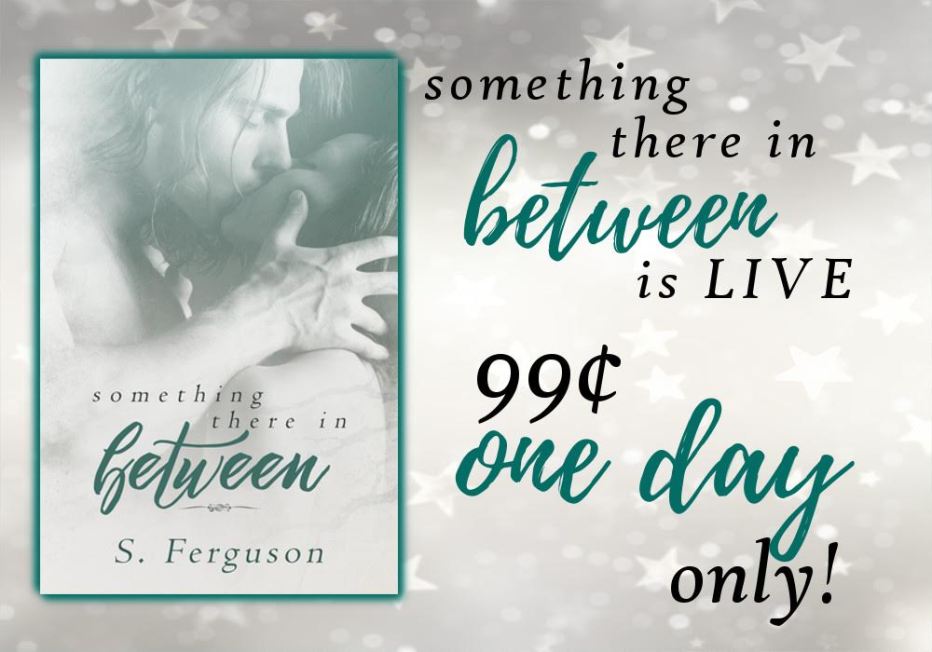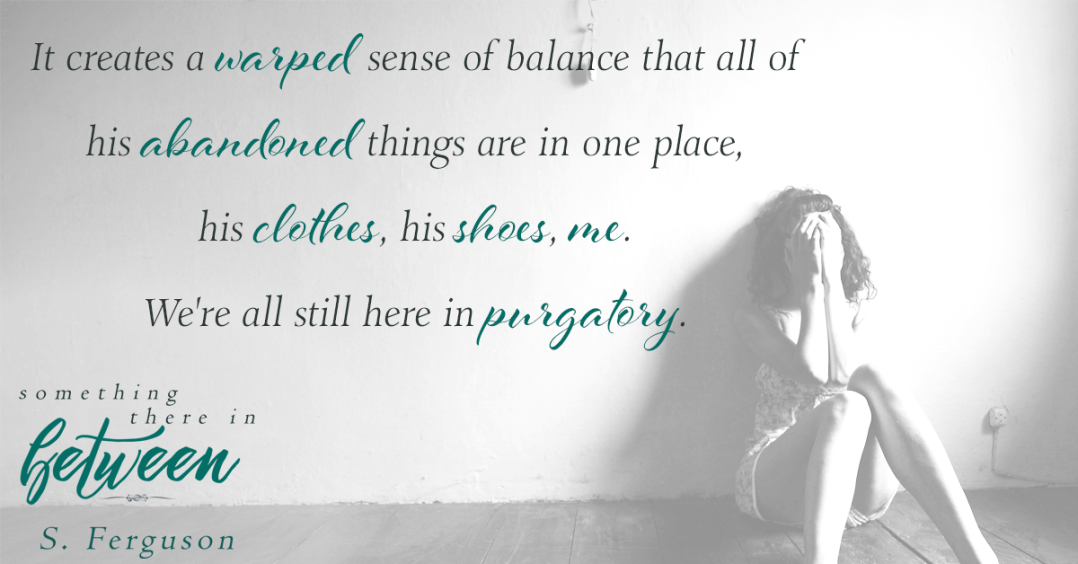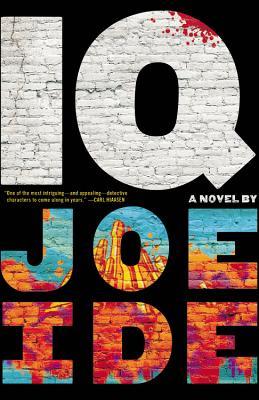Summary:
How fin-de-siècle Paris became the locus for the most intense revival of magical practices and doctrines since the Renaissance
• Examines the remarkable lives of occult practitioners Joséphin Peladan, Papus, Stanislas de Guaïta, Saint-Yves d’Alveydre, Jules Doinel, and others
• Reveals how occult activity deeply influenced many well-known cultural movements, such as Symbolism, the Decadents, modern music, and the “psychedelic 60s”
During Paris’s Belle Époque (1871-1914), many cultural movements and artistic styles flourished--Symbolism, Impressionism, Art Nouveau, the Decadents--all of which profoundly shaped modern culture. Inseparable from this cultural advancement was the explosion of occult activity taking place in the City of Light at the same time.
Exploring the magical, artistic, and intellectual world of the Belle Époque, Tobias Churton shows how a wide variety of Theosophists, Rosicrucians, Martinists, Freemasons, Gnostics, and neo-Cathars called fin-de-siècle Paris home. He examines the precise interplay of occultists Joséphin Peladan, Papus, Stanislas de Guaïta, and founder of the modern Gnostic Church Jules Doinel, along with lesser known figures such as Saint-Yves d’Alveydre, Paul Sédir, Charles Barlet, Edmond Bailly, Albert Jounet, Abbé Lacuria, and Lady Caithness. He reveals how the work of many masters of modern culture such as composers Claude Debussy and Erik Satie, writers Arthur Rimbaud and Charles Baudelaire, and painters Georges Seurat and Alphonse Osbert bear signs of immersion in the esoteric circles that were thriving in Paris at the time. The author demonstrates how the creative hermetic ferment that animated the City of Light in the decades leading up to World War I remains an enduring presence and powerful influence today. Where, he asks, would Aleister Crowley and all the magicians of today be without the Parisian source of so much creativity in this field?
Conveying the living energy of Paris in this richly artistic period of history, Churton brings into full perspective the characters, personalities, and forces that made Paris a global magnet and which allowed later cultural movements, such as the “psychedelic 60s,” to rise from the ashes of post-war Europe.
Length: 528 pages (Hardccover)
Source: Review Copy
Genre: Non-Fiction
Available Formats: Print/E-book
Publication Date: October 30th 2016 by Inner Traditions
I've always had an interest in the occult and I does have a penchant for books about France especially the history of France. I've read a few novels set in the time of the
Belle Époque so it was nice to get a bit more of a historical context especially since many of the novels I have read deal with some of the people mentioned in the novels a background for me.
I was a wee bit surprised by just how dense this tome was but in the end I found it very informative. Occult Paris was full of interesting tid-bits about the A-List people of the scene and I enjoyed reading how everyone seemed to know everyone else and learn a bit about how they got on with one another, have glimpses into some scandals and the motivations of the people who history has seem to have if not forgotten...require a little extra research.
I found myself really appreciating the lengths that the author went through to present this book dealing with side of history that isn't really at the forefront for whatever reason. It deals with the underground community of artists, free thinkers and the odd revolutionary and I definitely learned a lot from reading The Occult Paris, and I am not afraid to say that I am going to have to re-read the book because there was so much to take in in terms of all the details that I'm going to need another pass at it. I found the parts covering the topics of symbolism and mysticism particularly interesting and enjoyed how they were presented.
I thought it was presented very well and my only critiques would be to perhaps transition more smoothly. I sometimes found the seques into different topics or lines of thought to be jumpy and/or rushed in some spots but it wasn't a deal breaker.
I'd recommend this title to all those with an interest in France in particular during the early 1900s with an interest in the fringe factor of society at the time. If you want to know about the who's who of the Parisienne art and music scenes and other visionaries who were not afraid to test societal norms by asking the blasphemous questions and delving into religion. It's one the I recommend reading in parts else running the risk of being overwhelming but enjoyable and interesting nonetheless.
*
*I received a free copy of this book in exchange for my honest review
ABOUT THE AUTHOR
Tobias Churton
is Britain’s leading scholar
of Western Esotericism,
a world authority on Gnosticism,
Hermeticism, and Rosicrucianism.
An Honorary Fellow of Exeter University,
where he is a faculty lecturer,
he holds a master’s degree in Theology
from Brasenose College, Oxford,
and is the author of many books,
including Gnostic Philosophy and
Aleister Crowley: The Beast in Berlin.
He lives in England.
Giveaway:
You can enter the global giveaway here
or on any other book blogs participating in this tour.
Be sure to follow each participant on Twitter/Facebook,
they are listed in the entry form.
Visit each blogger on the tour:
tweeting about the giveaway everyday
of the Tour will give you 5 extra entries each time!
[just follow the directions on the entry-form]
Global giveaway open to all:
3 winners will receive a print copy of the book






